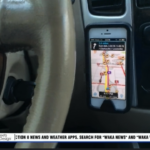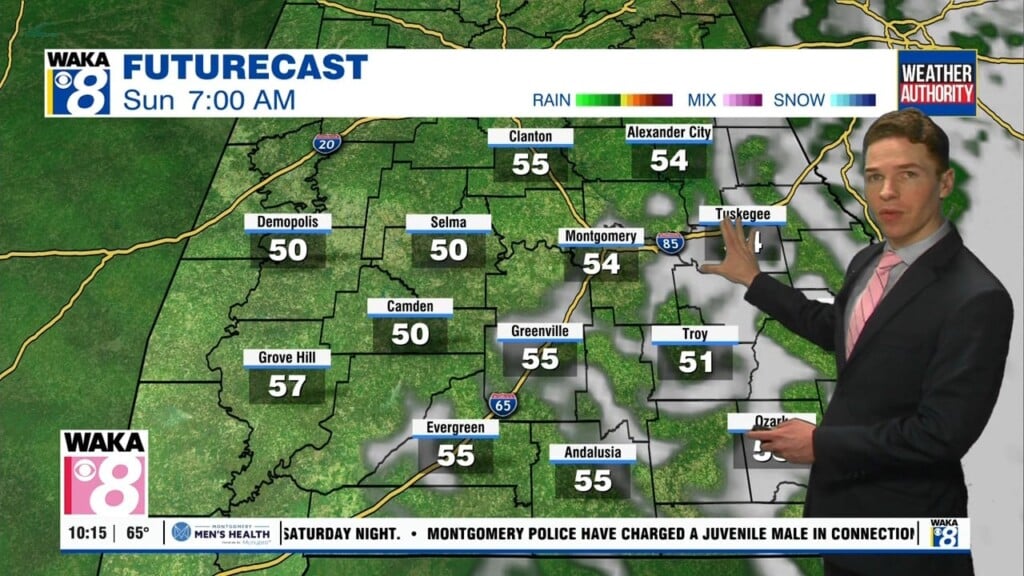What The Tech: The magic of GPS systems on your phone

BY JAMEY TUCKER, Consumer Technology Reporter
It’s one of the most overlooked pieces of technology we use every single day. Whether you’re finding the nearest coffee shop, tracking a delivery, or checking your kids’ location, you’re relying on a system the military once kept secret.
GPS, as you might know, uses at least 31 satellites orbiting some 12 thousand miles above Earth. And if that’s not impressive enough, you’re phone connects to four or more of them to calculate exactly where you’re standing. And it all happens in less than a second.
If one satellite signal is weak or blocked by tall buildings, your phone can lose its way. Which is why accuracy sometimes drifts. Especially downtown or inside. Or when too many other people are using the same satellites.
Get this: newer phones also use a tiny barometer sensor to fill in some gaps. It measures air pressure to figure out your altitude. It can tell when you’re upstairs, in a basement, or hiking a mountain trail.
What if GPS goes down altogether? It’s unlikely, but could happen. Signals have been jammed in Europe and the Middle East before, confusing everything from Uber drivers to airplanes. And experts warn, a large-scale outage could disrupt power grids, banking, and cell networks.
The threat of a complete nationwide global blackout is very low, but localized GPS failures are
quite common.
The next time your Google or Apple Maps re-routes you, remember it isn’t your phone thinking, it’s a whole constellation of satellites making sure we don’t get lost.






